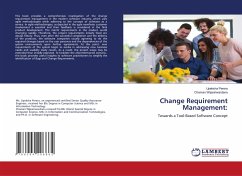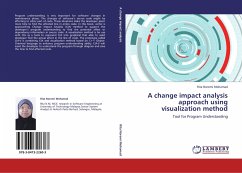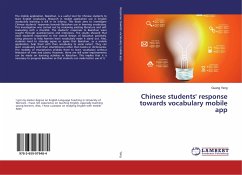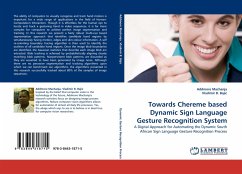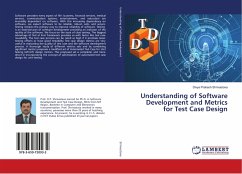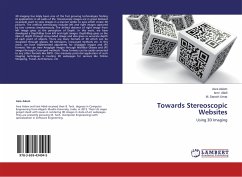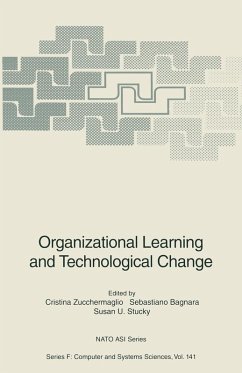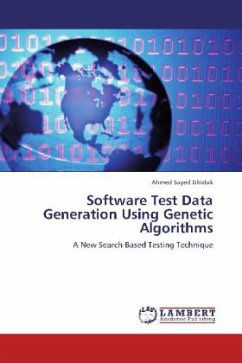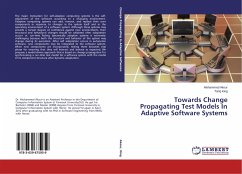
Towards Change Propagating Test Models In Adaptive Software Systems
Versandkostenfrei!
Versandfertig in 6-10 Tagen
41,99 €
inkl. MwSt.

PAYBACK Punkte
21 °P sammeln!
The major motivation for self-adaptive computing systems is the self-adjustment of the software according to a changing environment. Adaptive computing systems can add, remove, and replace their own components in response to changes in the system itself and in the operating environment of a software system. Although these systems may provide a certain degree of confidence against new environments, their structural and behavioral changes should be validated after adaptation occurs at run-time. Testing dynamically adaptive systems is extremely challenging because both the structure and behavior ...
The major motivation for self-adaptive computing systems is the self-adjustment of the software according to a changing environment. Adaptive computing systems can add, remove, and replace their own components in response to changes in the system itself and in the operating environment of a software system. Although these systems may provide a certain degree of confidence against new environments, their structural and behavioral changes should be validated after adaptation occurs at run-time. Testing dynamically adaptive systems is extremely challenging because both the structure and behavior of the system may change during its execution. After self adaptation occurs in autonomic software, new components may be integrated to the software system. When new components are incorporated, testing them becomes vital phase for ensuring that they will interact and behave as expected. We propose a model-driven approach that is based on change propagation for synchronizing a run-time test model for a software system with the model of its component structure after dynamic adaptation.




